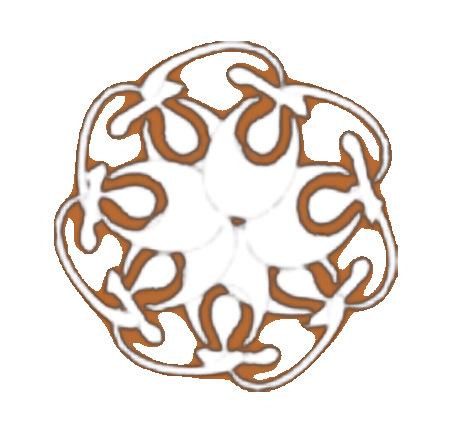Celebrating Gullah Roots
- Marla Mossman
- Jun 5, 2024
- 2 min read
The 28th Annual Gullah Festival was held at the Henry C. Chambers Waterfront in Beaufort, SC. Attended by the people who identify with their ancestral connections to West African and are known as Gullah Geechee.

Geographically the Gullah Geechee communities, both past and present day, extend from Jacksonville, North Carolina to Jacksonville, Florida. These communities began to develop their own way of life. They were living in isolated areas that were difficult to get to from outside towns, which made it easier for the community to become close and develop their own culture.

Some newly freed people like the Gullah Geechee, formed communities to help each other. The Gullah Geechee people created their own language from a mix of African tribal languages, English, and other European languages. Much of this language, as well as their art, crafts, food, spiritual practices, and storytelling continues today.



"During the early 1500's an enslaved labor boom led to what we know now as the Trans-Atlantic Slave Trade. Ships would leave Europe transporting items such as fabric and wine to the continent of Africa where they would trade their goods for enslaved people. After leaving Africa, they would head across the Atlantic ocean. The journey was known as the Middle Passage. Conditions in the ships were dark, cramped, and dirty. Many people on the ships became very sick, making the journey deadly for many. When ships arrived in the Americas, the surviving enslaved people were sold. Empty ships would then be loaded down with sugar and coffee to take back to Europe. Once they were back in Europe the trade cycle would begin again.
The Trans-Atlantic slave trade transported between 10 to 12 million people!"

"The fight for freedom was not over when slavery was outlawed by the 13th amendment in 1865. Many new "freed" people struggled for safety, security, and to make a life for themselves. Many chose to stay in the areas where they still did not have equal rights.
- NC Department of Natural and Cultural Resourses
